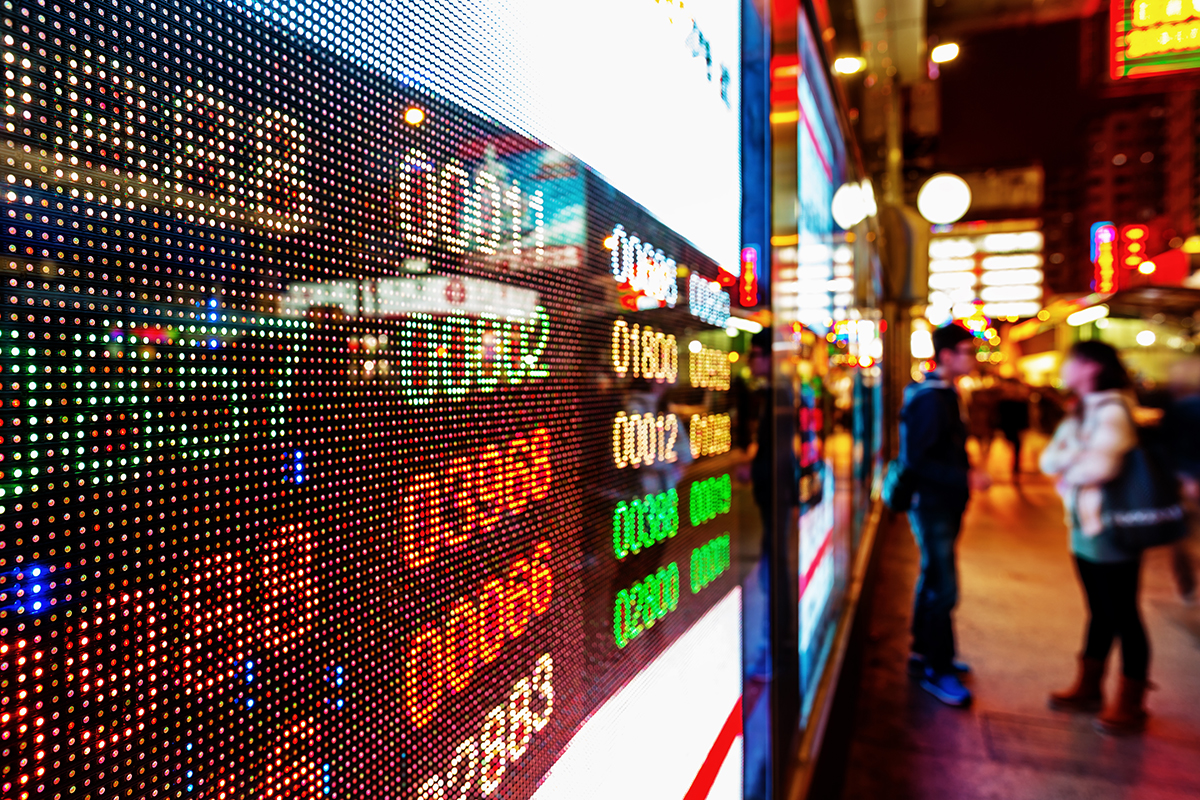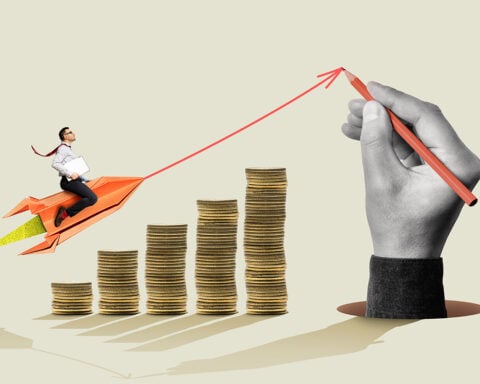Hong Kong stocks suffered their most significant single-day loss in four months. This steep decline was triggered by Goldman Sachs’ downgrade of key Chinese banks due to local government debt risks and a more aggressive stance on interest rates by the US Federal Reserve.
The Hang Seng (HSI) Index experienced a substantial 3% decrease, marking its most significant daily fall since the beginning of March, making it the top loser in the Asia Pacific.
The sell-off was led primarily by financial shares following Goldman Sachs’ downgrade of several Chinese banks.
The Hang Seng Mainland Banks Index, tracking mainland Chinese banks listed in Hong Kong, took a considerable hit, plunging 6.5%. This sharp fall represents the most significant daily drop since February 2018.
In an in-depth report published this week on China’s banking industry, Goldman Sachs adjusted its rating for both the Industrial and Commercial Bank of China and the Industrial Bank from “buy” to “sell.” The firm also reduced the Agricultural Bank of China’s rating from “neutral” to “sell.”
It applied a “sell” rating to the Bank of Communications and Huaxia Bank. Goldman Sachs indicated these banks face potential earnings risks due to their ties with China’s local government debt.
Analysts have projected that China’s accumulated government debt exceeded 123 trillion yuan ($18 trillion) in the previous year, with nearly $10 trillion classified as “hidden debt” from precarious local government financing platforms.
Xi Jinping’s aggressive zero-Covid campaign has put significant strain on numerous local government budgets, with billions of dollars invested in repeated Covid lockdowns, mass testing, and quarantine centers, leading to a policy shift last December.
Furthermore, the Federal Reserve’s more assertive rate outlook influenced sentiment in Hong Kong markets. Meeting minutes revealed that officials anticipate additional rate hikes this year to combat persistently high inflation.
“If the forthcoming employment and CPI reports are consistent with current trends… we think the probability of a rate hike on July 26 has risen,” said Stephen Innes, Managing Partner of SPI Asset Management.
Innes also stated that ongoing geopolitical stress, apprehensions regarding US-China separation, and China’s internal growth difficulties all bolster opposing viewpoints about the country’s risk markets.
US Treasury Secretary, Janet Yellen, is due to arrive in Beijing on Thursday afternoon as part of the Biden administration’s ongoing efforts to repair its strained relations with Beijing.
Across the region, Japan’s Nikkei 225 (N225) dropped 1.7%, South Korea’s Kospi slid 0.9%, and China’s Shanghai Composite dipped 0.5%.
As economies worldwide grapple with the ongoing impacts of Covid-19 and the resultant market fluctuations, the pressure is mounting for policymakers to strike a balance between recovery and risk management. Investors will be keenly watching the outcomes of Yellen’s visit to Beijing, the Fed’s upcoming decisions on interest rates, and their repercussions on the global financial markets.







